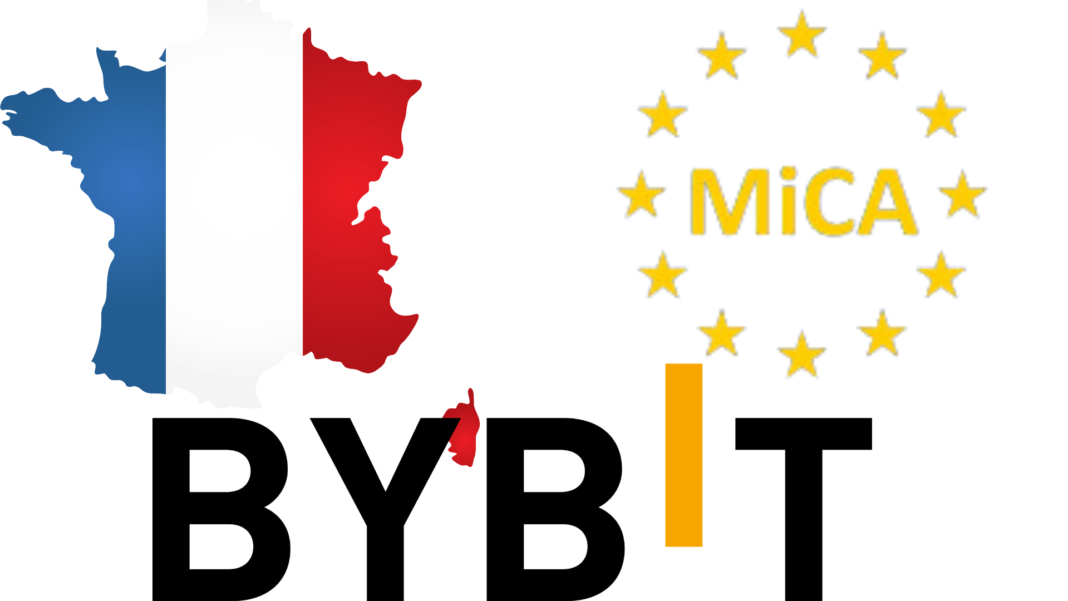Bybit, one of the world’s leading cryptocurrency exchanges, has successfully been removed from the French Financial Markets Authority (AMF) blacklist after more than two years of regulatory scrutiny.
The milestone marks a major breakthrough for Bybit, reflecting its commitment to aligning with European financial regulations.
CEO Ben Zhou announced the development on social media, emphasizing the extensive remediation efforts undertaken by the company to address regulatory concerns.
Bybit’s removal from the blacklist now opens the door for the exchange to expand its presence in France and strengthen its foothold in the broader European market.
A Two-Year Compliance Journey with French Regulators
The AMF had placed Bybit on its blacklist due to concerns over the exchange’s compliance with French financial laws.
Over the past two years, Bybit engaged in extensive discussions with regulators, implementing necessary adjustments to enhance security protocols, operational transparency, and legal adherence.
The removal signals that Bybit has successfully met the regulator’s expectations, demonstrating increased trust in its operations.
Bybit’s achievement not only improves its reputation among European investors but also sets a precedent for other crypto exchanges looking to operate in France under strict financial regulations.
MiCA License: Bybit’s Next Major Regulatory Goal
With its AMF blacklist issue resolved, Bybit is now focusing on securing a Markets in Crypto-Assets (MiCA) license, a crucial regulatory approval that will allow the exchange to legally operate across the European Union.
The MiCA framework, which is set to take full effect in 2024, aims to establish standardized regulatory oversight for crypto exchanges and service providers within the EU.
Obtaining this license would provide Bybit with a significant competitive advantage, enabling it to offer fully compliant services in multiple European jurisdictions.
CEO Ben Zhou reaffirmed Bybit’s commitment to adapting to Europe’s evolving regulatory landscape, reinforcing its dedication to long-term operational stability.
Navigating Global Regulatory Challenges and Expanding Compliance Efforts
Bybit’s regulatory success in France is part of a broader strategy to strengthen its compliance standing on a global scale.
However, the exchange has faced regulatory challenges in other countries, including Malaysia, where the Securities Commission recently imposed a ban on its operations due to compliance issues.
Additionally, Bybit earlier announced that it will cease digital asset services in France by January 8, 2025, signaling ongoing regulatory adjustments.
On a more positive note, Bybit recently gained approval from India’s Financial Intelligence Unit after addressing past compliance concerns, paving the way for its re-entry into the Indian market.
As Bybit continues to navigate complex regulatory landscapes worldwide, its focus remains on securing key licenses such as MiCA to solidify its position as a compliant and competitive player in the global cryptocurrency industry.
Also Read: Tether May Need To Sell Bitcoin And Other Assets To Comply With U.S. Stablecoin Regulations, Report


